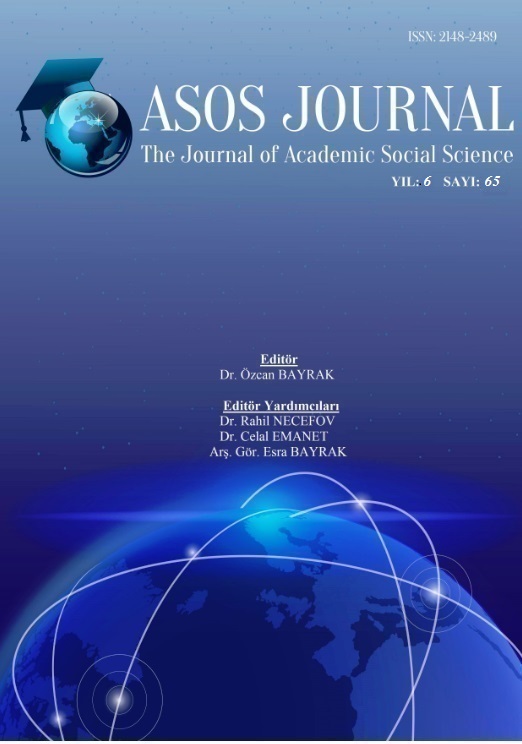Author :
Abstract
Küreselleşme ve serbest piyasa ekonomisine geçiş süreci ile ülkeler kendi aralarında birçok yönden entegrasyon hareketlerine dahil olmuşlardır. Özellikle internet kullanımının yaygınlaşması, ülkeler arasındaki fiziki sınırları ortadan kaldırmış ve insanlar arasında etkileşimi artmıştır. Bilgi ve iletişim teknolojileri, bilginin hızla yayılması ile birlikte tüm dünyada gelişmektedir. Bu sektördeki gelişmeler; ekonomik büyüme, istihdam gibi bazı makroekonomik değişkenleri olumlu etkilemektedir. Ayrıca bilgi ve iletişim teknolojileri, ülkelerde rekabeti artırarak innovasyon çalışmalarına katkı sağlamaktadır. Bu çalışmanın amacı, bilgi ve iletişim teknolojilerinin genel durumunu değerlendirmektir. Bu bağlamda, bilgi ve iletişim teknolojilerinin ekonomi içindeki etkilerine yer verilmiştir. Ayrıca G7 ve E7 ülkelerindeki durumuna rakamlarla değinilmiştir. Son olarak bu sektörün Türkiye’deki problemlerine yönelik çözüm önerilerinden bahsedilmiştir.
Keywords
Abstract
Countries have become involved in a number of integration movements among themselves with the process transition to globalization and the free market economy. Especially the widespread use of the internet has eliminated physical boundaries between the countries and increased the interaction between people. Information and communication technologies evolving all over the world with the spread of information. Developments in this sector affects some macroeconomic variables such as economic growth, employment positively. In addition, information and communication technologies contribute to innovation works by increasing competition in countries. The purpose of this study is to evaluate the general situation of Information and communication technologies. In this context, the effects of Information and communication technologies in the economy are included. Also the situation in G7 and E7 countries are introduced with figures. Finally, solution suggestions related to the problems of this sector in Turkey are mentioned.
